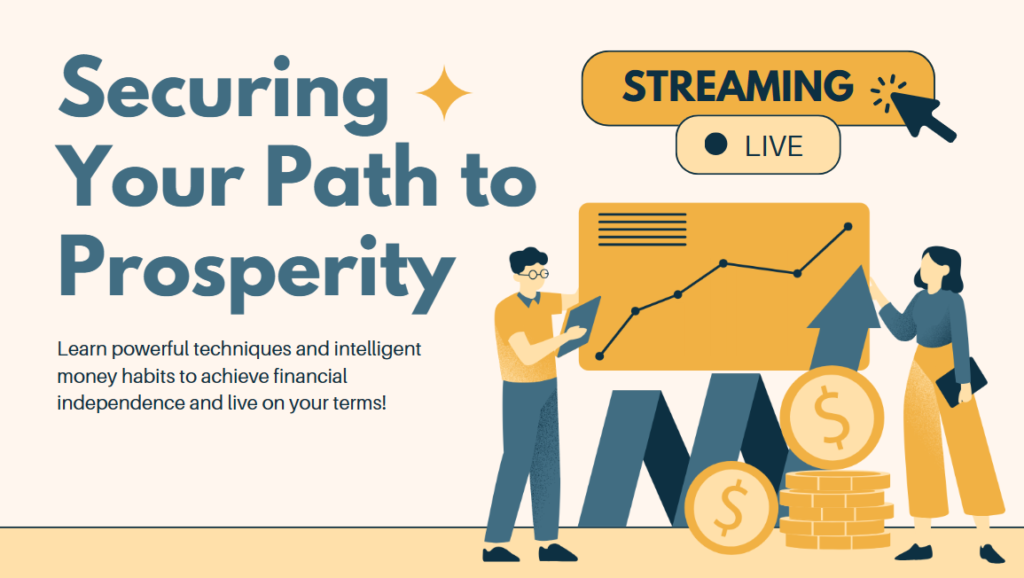Exploring Unconventional Paths

Alternative Avenues in Self-Help
We’ve delved into the traditional book format, digital brand building, and the future of self-help.
But what if you have a unique message or approach that doesn’t fit neatly into these categories? Let’s explore some unconventional paths for self-help:
- Narrative Non-Fiction: Craft a self-help book that intertwines your personal story of overcoming challenges with practical advice for readers facing similar situations. This blend of vulnerability and actionable steps can resonate deeply with your audience.
- Fiction with a Message: Weave self-help principles into a fictional narrative. Readers can learn and grow alongside the characters, making the self-help message more engaging and relatable.
- Self-Help Through Humor: Laughter is a powerful tool. Consider using humor, satire, or even comedic storytelling to address self-help topics in a fresh and disarming way.
Creative Content Formats:
- Self-Help Comics or Graphic Novels: Use illustrations and graphic storytelling to convey complex self-help concepts in a visually engaging way, appealing to a wider audience.
- Interactive Journals or Workbooks: Design interactive journals or workbooks that prompt readers to reflect, complete exercises, and track their progress on their self-help journeys.
- Card Decks with Prompts or Affirmations: Create card decks with thought-provoking questions, self-reflection prompts, or positive affirmations for daily inspiration on the go.
Building a Community Beyond the Digital Sphere:
- Workshops and Retreats: Organize self-help workshops or retreats that offer immersive learning experiences, allowing for in-person interaction, group exercises, and deeper exploration of your message.
- Live Events and Speaking Engagements: Share your self-help message through public speaking engagements, conferences, or live events. This allows you to connect with a wider audience and build a following.
- Support Groups and Local Initiatives: Facilitate support groups or partner with local organizations to bring your self-help message to a specific community and address their unique needs.
Remember:
- Authenticity is Key: Regardless of the format you choose, authenticity remains paramount. Be true to your voice, your message, and your passion for helping others.
- Meeting Your Audience Needs: Consider your target audience and tailor your self-help approach to their preferred learning styles and preferred mediums of engagement.
- Embrace Experimentation: Don’t be afraid to experiment with unconventional approaches. The self-help landscape is constantly evolving, and there’s space for creativity and innovation.
The Power of Alternative Self-Help:
By following these paths, you can create self-help experiences that are not only informative but also engaging, memorable, and accessible to a wider audience. Your unique approach can empower individuals in unexpected ways and leave a lasting impact on their journeys of growth and positive change.
Deep Dive: The Ethical Considerations of Self-Help
We’ve explored various aspects of self-help, from writing a book to building a brand. But with great power comes great responsibility. Let’s delve into the ethical considerations inherent in the self-help industry:
- Vulnerability and Exploitation: Self-help often hinges on personal vulnerability. Ensure your content empowers, not exploits, readers’ vulnerabilities. Offer genuine support and avoid preying on anxieties or insecurities.
- Overpromising and Underdelivering: Be realistic about the potential outcomes of your self-help advice. Avoid making exaggerated claims or promising quick fixes for complex problems. Focus on sustainable growth and achievable progress.
- Cultural Sensitivity and Inclusivity: Self-help should be inclusive and culturally sensitive. Acknowledge diverse experiences and avoid promoting a “one-size-fits-all” approach. Tailor your message to resonate with a broad audience.
- The Limits of Self-Help: Self-help is a valuable tool, but it’s not a replacement for professional help. Encourage readers to seek professional support for severe mental health challenges or complex personal issues.
Combating Misinformation and Hype:
- Transparency and Evidence-Based Advice: Be transparent about your qualifications and the sources that inform your content. Back up your claims with evidence-based research and reputable sources whenever possible.
- Critical Thinking and Reader Empowerment: Encourage readers to approach self-help content with a critical eye. Help them develop the skills to discern fact from fiction and choose resources that align with their values.
The Role of Self-Help Authors:
- Promoting Mental Health Awareness: Self-help authors can play a crucial role in promoting mental health awareness and destigmatizing seeking professional help.
- Building a Supportive Community: Foster a supportive and inclusive community around your message. Encourage open communication, respect diverse experiences, and prioritize mental well-being within your audience.
- Leading by Example: Live by the principles you promote in your self-help content. Be a role model for authenticity, ethical conduct, and continuous growth in your own life.
Remember:
- Ethical Self-Help is Essential: Ethical considerations are paramount in the self-help industry. By prioritizing transparency, inclusivity, and evidence-based practices, you can contribute to a self-help landscape that empowers and uplifts individuals on their journeys of self-improvement.
- Building Trust is Paramount: Building trust with your audience is crucial. Be honest, transparent, and act with integrity in everything you do.
By following these ethical guidelines and promoting responsible self-help practices, you can ensure that your message contributes to positive change and empowers individuals to reach their full potential. Ultimately, the goal of self-help is to guide individuals towards a fulfilling and meaningful life, and ethical considerations are the cornerstone of achieving that goal.
